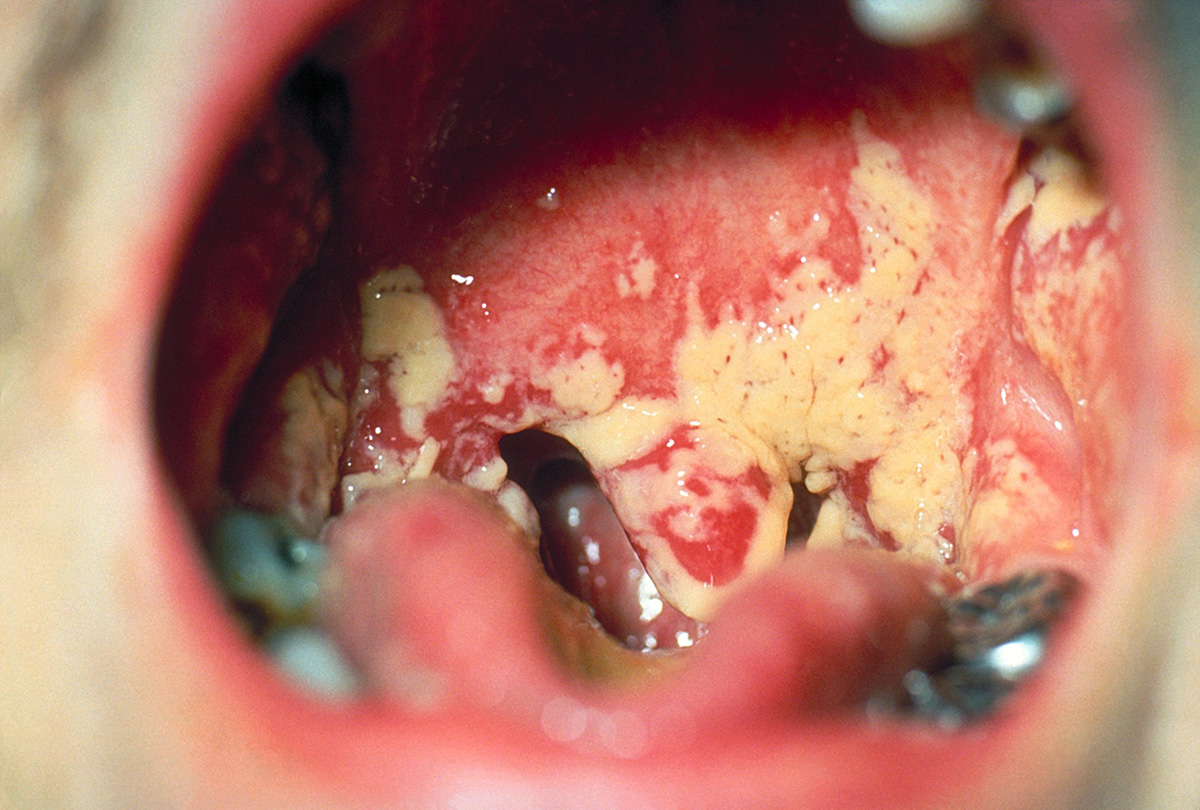
Thrush is a yeast infection caused by the fungus called Candida albicans. Candida is normally present in the body, and the disease known as thrush occurs when there is an overgrowth of this fungi. The disease usually affects skin, genitals and even intestines. Mothers who breastfeed may develop thrush on their breasts and transmit it to the baby’s mouth. Two most common forms of thrush are oral and genital thrush.
Oral thrush
People normally have Candida in their mouth and the fungus has its role there of keeping at bay the harmful bacteria. However, certain factors can trigger the overgrowth of the fungi in the mouth and that is when oral thrush starts. The symptoms and tell-tale signs of oral thrush are creamy white lesions that appear on the inside of the cheeks, on the tongue, roof of the mouth and the gums. The lesions can be painful and may bleed if scraped. Small cracks may appear on the sides in the corners of the mouth.
Oral thrush occurs often in people with impaired immune system, like HIV patients and persons who take certain medications, and it also affects babies and people who wear dentures.
Vaginal thrush
Just like in the mouth, Candida is normally present in vagina as well. Again, in case of certain triggers, the overgrowth may occur. The moist and warm environment of the vagina is particularly favorable for the fungus. The symptoms of vaginal thrush, which is a common sexual disease in women, include itching, soreness, burning, pain and discomfort while urinating and during sexual intercourse, swelling of the vulva and discharge.
A woman who has vaginal thrush and has unprotected oral sex can contract thrush in her mouth too. Fungus is easily spread if the partners are not protected during sex.
Is thrush contagious?
As mentioned above, Candida albicans is present in the human body and it is a part of a normal, healthy microflora. So, technically speaking, thrush is not a contagious disease, since everyone already has the fungus. However, the disease itself may occur after being in contact with a person who has thrush because it adds up to the already present fungus and leads to overgrowth.
Kissing someone who has thrush does not mean catching thrush, but it does carry a risk of fungus overgrowth. Whether a person will or will not develop thrush depends on his or her health and the strength of the immune system.


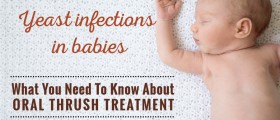


_f_280x120.jpg)
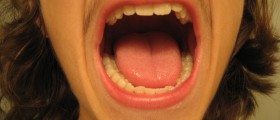
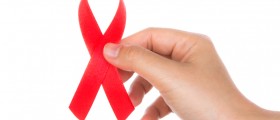



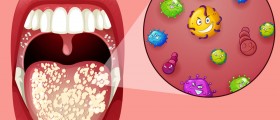

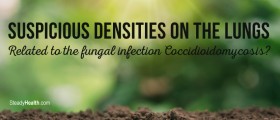



Your thoughts on this
Loading...